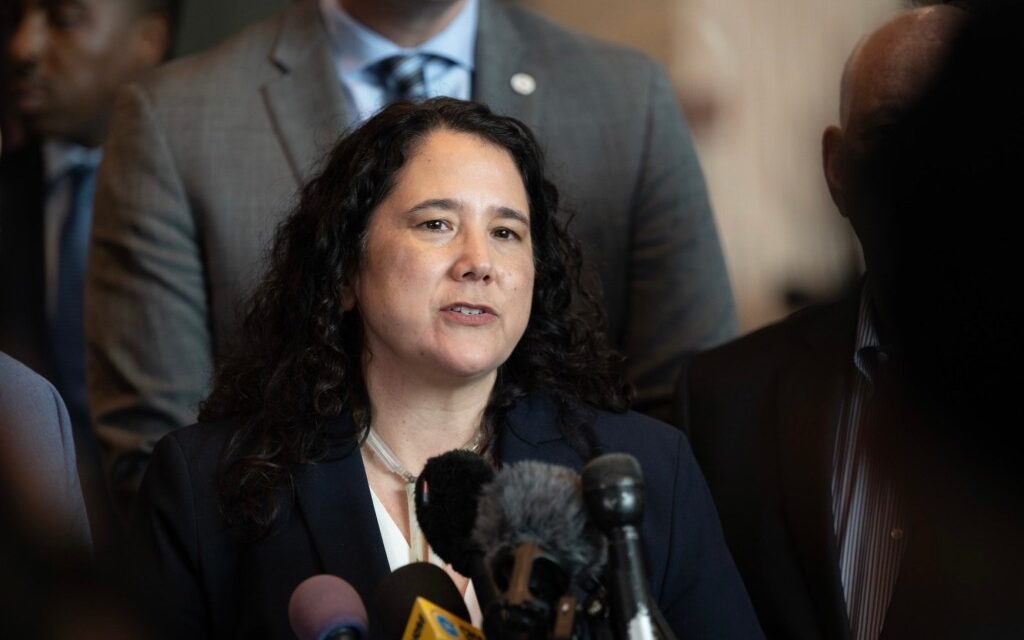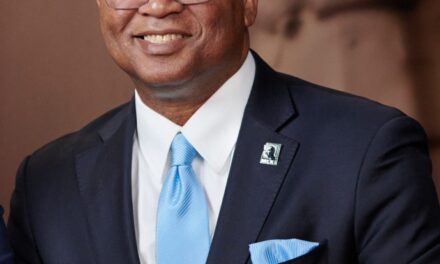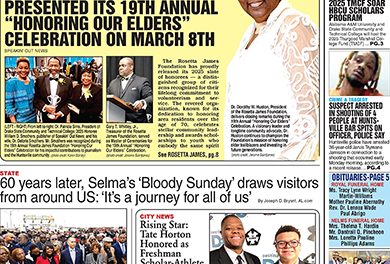By Megan Sayles
AFRO Business Writer
msayles@afro.com
Businesses across the region are still reeling from the collapse of the Francis Scott Key Bridge, which has halted most vessel traffic to the Port of Baltimore. Since the catastrophe, local and federal officials and nonprofits have stepped in to provide aid to affected firms.
At Governor Wes Moore’s request, the Small Business Administration (SBA) made an Economic Injury Disaster Loan (EIDL) declaration for the state of Maryland. Impacted business owners in Maryland and contiguous counties can now apply for low-interest loans for up to $2 million to cope with revenue losses brought on by the bridge collapse.
“We know that the port was critical for so many products and services coming into the United States and going out,” said SBA Administrator Isabel Guzman. “That’s going to affect large and small businesses, as well as their employees. It’s a pretty broad impact in the region and nationally.”
More than 500 businesses have already applied for EIDLs, according to Guzman. The 30-year loans have interest rates as low as 4 percent for small businesses and 3.25 percent for nonprofits. The loan also allows businesses to defer payments and interest for up to 12 months after disbursement.
The SBA opened two Business Recovery Centers (BRCs) to support business owners in completing EIDL applications. The first is located in Baltimore County at the Dundalk Renaissance, and the second is situated in Baltimore City at the CareFirst Engagement Center.
Guzman said a few more BRCs will open in Maryland in the future.
“We want to ensure that the Biden-Harris administration stands ready in the long term to continue to support efforts to rebuild and recover and to ensure that no one is left behind,” said Guzman.
The city of Baltimore has also intervened to provide relief. On March 3, Mayor Brandon M. Scott announced that the Board of Estimates (BOE) unanimously approved $1 million in wage subsidies for businesses impacted by the partial closure of the Baltimore port.
The capital will be transferred to the Baltimore Civic Fund for deployment, which managed a similar program for small businesses during the COVID-19 pandemic.
During his announcement, Scott clarified that the program was not created to outshine any relief efforts that other local, state and federal officials are leading.
“This is just an initial step that we can do to help start to fill the gaps, but it’s an important step,” said Scott. “In the coming days, we’ll be talking about more assistance that the city of Baltimore can help to offer, but we want to ensure, as always, that everyone is moving together.”
In the philanthropic community, United Way of Central Maryland (UWCM) launched the Bridging the Gap Fund to support afflicted communities with food access, eviction prevention services and other long-term needs that arise in the aftermath of the disaster.
“We anticipate that the repercussions of this catastrophic event will play out in our communities over the next months, maybe years,” said UWCM president and CEO Franklyn Baker. “Our goals with the Bridging the Gap Fund is to provide support for immediate needs but also to support our neighbors and the neighborhoods they call home well into the future.”
Megan Sayles is a Report for America corps member.











